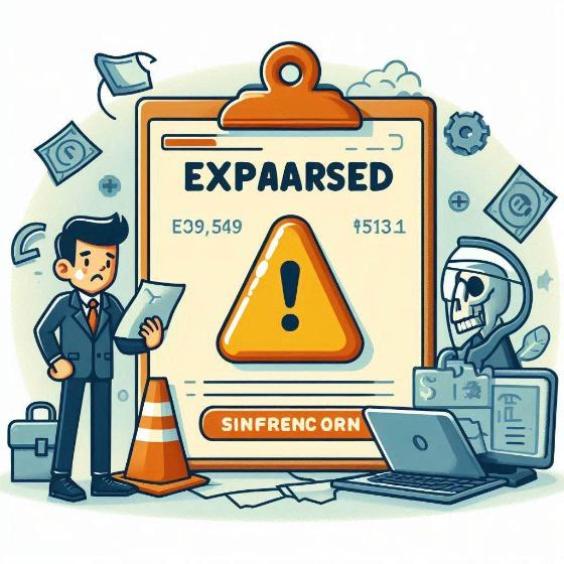Valuation of Obsolete Inventories under IFRS 9: Tax and Accounting Implications.
The valuation of obsolete inventories is a relevant topic in accounting and taxation, especially in the era of globalization and rapid technological evolution. In this article, we will explore the tax and accounting implications of valuing obsolete inventories under International Financial Reporting Standard (IFRS) 9.

Introduction to IFRS 9
IFRS 9 is an accounting standard that sets out the principles and procedures for the valuation of financial assets and financial liabilities. In the context of inventory valuation, IFRS 9 provides guidance on how to value inventories that have become obsolete or are no longer commercially viable.
Definition of Obsolete Inventories
Obsolete inventories refer to assets that are no longer commercially viable or have lost their value due to changes in technology, market demand, or competition. These inventories may include products that are no longer sold, materials that are no longer used, or assets that have been replaced by more advanced technologies.
Accounting Implications of Valuing Obsolete Inventories under IFRS 9
According to IFRS 9, obsolete inventories must be valued at fair value less costs to sell. This means that the company must estimate the value that could be obtained from the sale of the obsolete inventories and subtract the costs associated with the sale, such as storage and transportation costs.
IFRS 9 also states that obsolete inventories must be classified as non-current assets and that their value must be reviewed periodically to ensure that it is reasonable and reflects current market conditions.
Example of Valuing Obsolete Inventories under IFRS 9
Suppose a company has an inventory of electronic products that are no longer commercially viable due to changes in technology. The company estimates that it could sell the products for $10,000, but the storage and transportation costs would be $2,000. In this case, the fair value of the obsolete inventories would be $8,000 ($10,000 - $2,000).
Tax Implications of Valuing Obsolete Inventories under IFRS 9
The valuation of obsolete inventories under IFRS 9 also has tax implications. In many countries, the valuation of obsolete inventories can affect the company's tax base and, therefore, its tax burden.
In general, losses from the valuation of obsolete inventories can be deductible for tax purposes, which can reduce the company's tax burden. However, it is essential to note that tax regulations can vary depending on the country and jurisdiction.
Example of Tax Implications of Valuing Obsolete Inventories under IFRS 9
Suppose the company in the previous example has a tax base of $100,000 and that the valuation of the obsolete inventories results in a loss of $8,000. In this case, the company's tax base would be reduced to $92,000 ($100,000 - $8,000), which could reduce its tax burden.
Conclusion
The valuation of obsolete inventories under IFRS 9 is a complex topic that requires a deep understanding of accounting and tax standards. It is essential that companies take into account the accounting and tax implications of valuing obsolete inventories to ensure that their valuation is reasonable and reflects current market conditions.
In summary, the valuation of obsolete inventories under IFRS 9 involves valuing inventories at fair value less costs to sell, classifying them as non-current assets, and reviewing their value periodically. The tax implications of valuing obsolete inventories can vary depending on the country and jurisdiction, but in general, losses from the valuation of obsolete inventories can be deductible for tax purposes.
References
International Accounting Standards Board (IASB). (2014). IFRS 9: Financial Instruments.
International Accounting Standards Board (IASB). (2018). IFRS 9: Financial Instruments - Update.
Organisation for Economic Co-operation and Development (OECD). (2020). Tax Implications of Valuing Obsolete Inventories.





